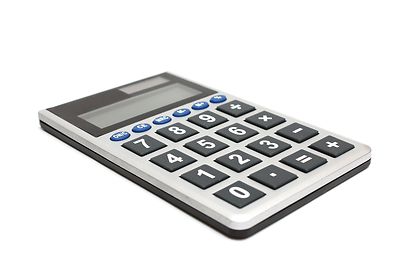One of the best things you can barter for is food; everyone needs it and it’s definitely a recurrent purchase that you have to spend cash on if you aren’t bartering for it. With that in mind, I have to brag a little that I’ve got half a steer chilling in my freezer that I bartered for 100%.
I started working on the deal well over a year ago. I contacted a couple different local farmers to see who might need some of my company’s services in trade for some beef. I found a couple possible barter partners (including one rancher that specialized in long-horns), but ended up finalizing a deal with a rancher that raises grass fed Angus beef. My firm built a small/simple website (http://sonomanaturalbeef.com) for them in trade for credit with their company. A couple weeks ago the deal came to fruition as I picked up 5 boxes of vacuum packed beef from a local butcher that was cut to my specifications. Everything including the butcher’s services were purchased on trade.
As there usually are, there were a couple minor hitches in the deal that I should warn you about. Firstly, before you try for a trade like this you should understand that I was dealing what you might call a “boutique” rancher that raises very good but pricey beef. Make no mistake: I am very happy with the deal, but I wouldn’t argue that buying beef this way is a good way to save money. Secondly, I would warn you that a half a steer takes up a lot of freezer space: more than many people have. Make sure you are ready for that. The last issue that I’ve run into has to do with the fact that I’m trading away a bunch of the beef to other barter partners and figuring out how to price the individual cuts has been a challenge. When you buy half a steer, you aren’t paying per pound and there is no guide to figure out how you should price the ground beef vs. the bone-in rib eye steaks (see above photo).
Bottom line, food is one of my favorite items to barter for. I strongly recommend that you make a deliberate effort to trade for good quality food.










